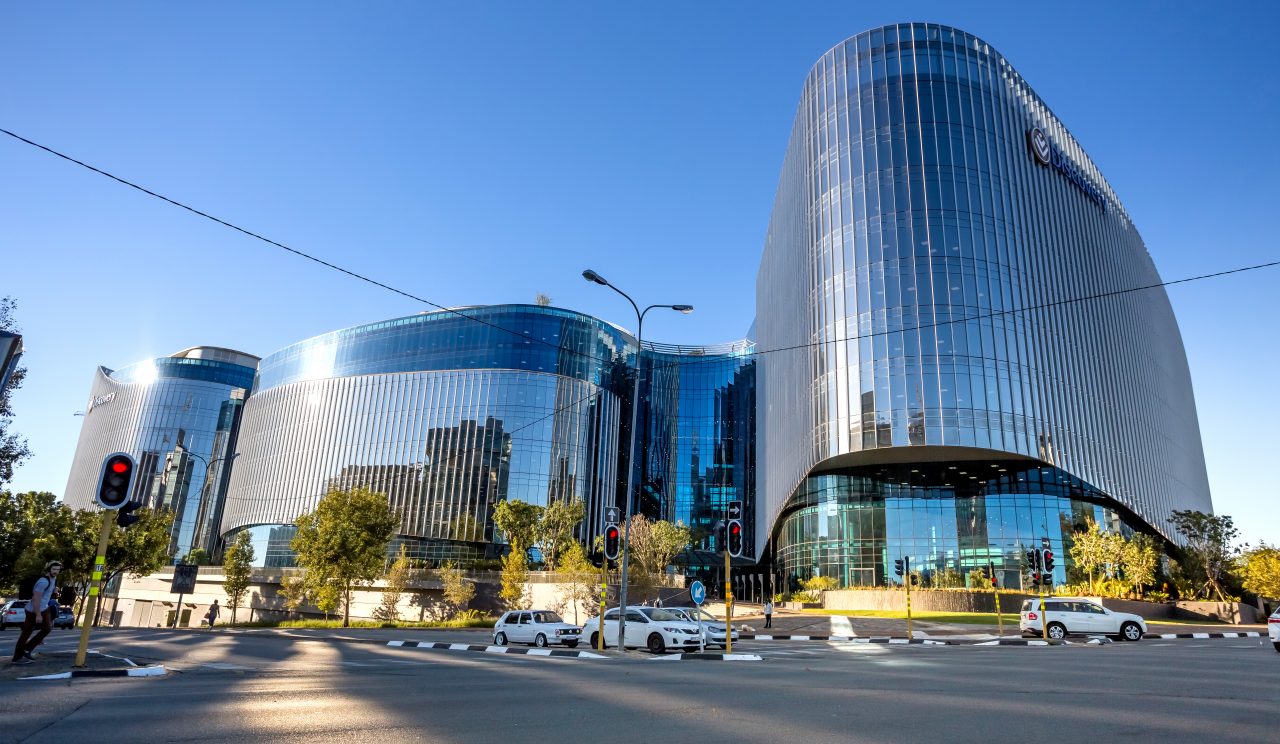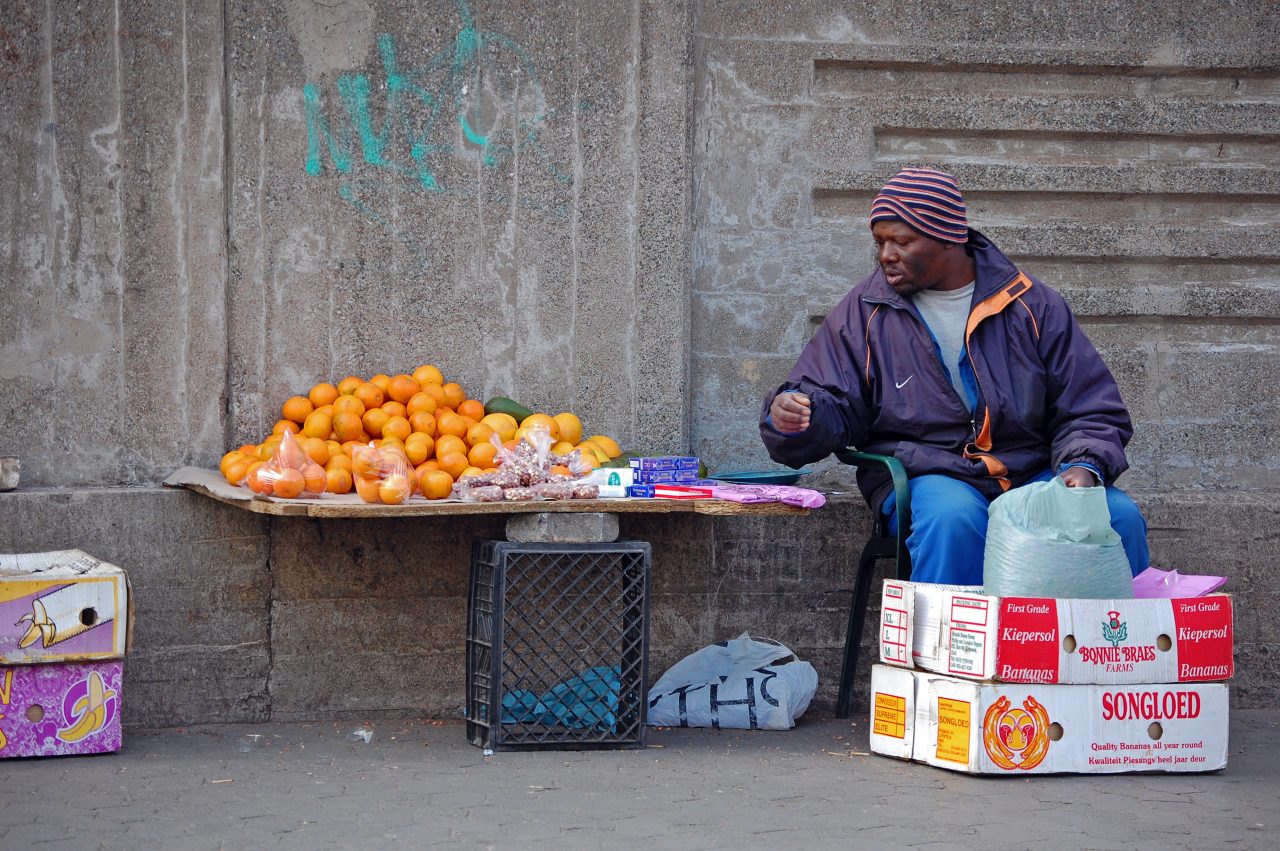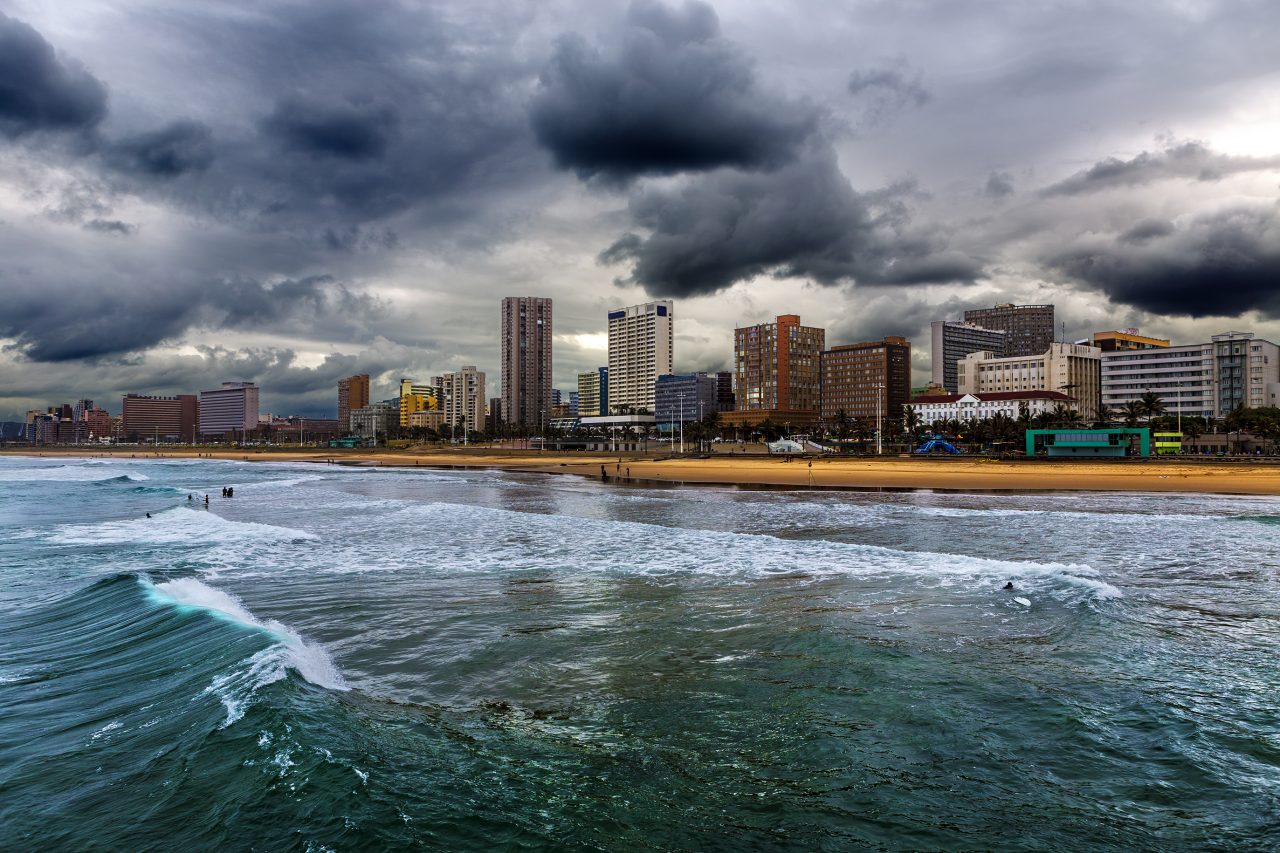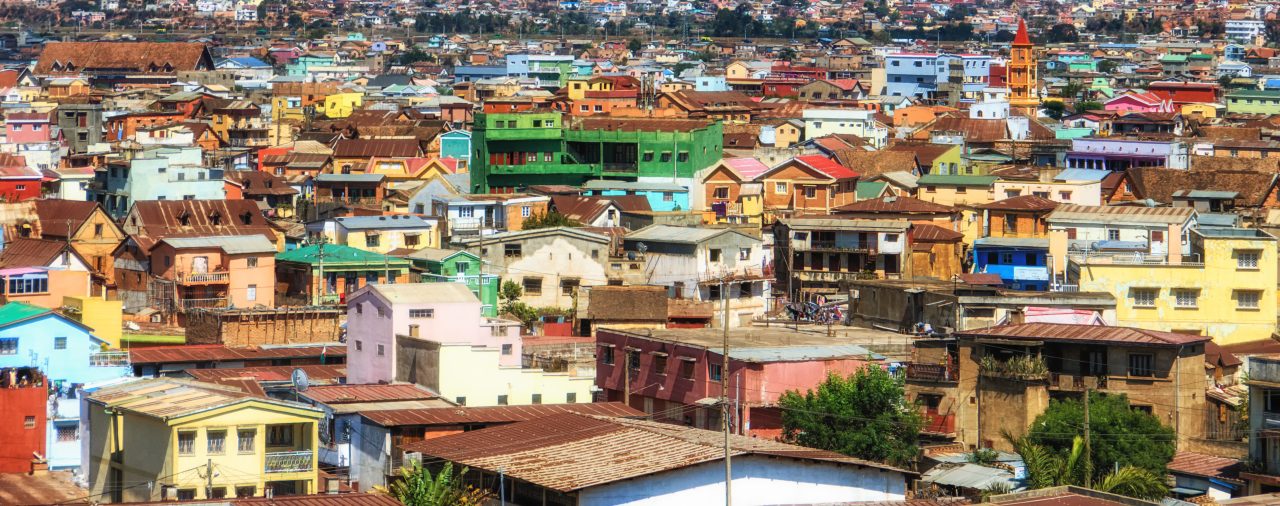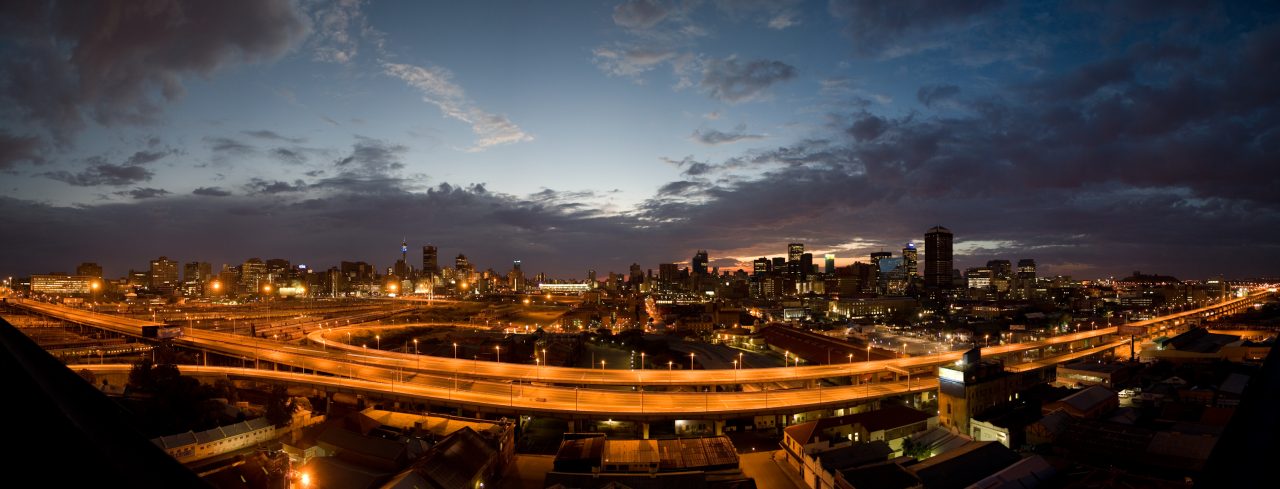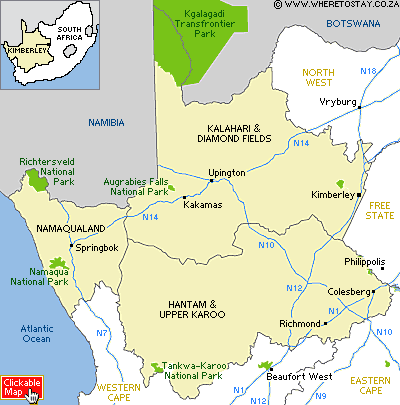Join GlobalBizzNetwork and start your international business network today.
Northern Cape
The Northern Cape is the largest of the nine provinces, taking up 30.5% of South Africa’s land area. Its borders on four other provinces, as well as the Atlantic Ocean to the west and the countries of Namibia and Botswana to the north, making it an ideal gateway to western African markets. The province lies to the south of its most important asset, the mighty Orange River, which provides the basis for both a healthy agriculture and an alluvial diamond industry. The province offers profitable investment opportunities in minerals and metals processing, agriprocessing, fishing, mariculture and tourism.
Four investment corridors have been developed:
Namaqua corridor
Karoo corridor
Diamond field-Kalahari corridor
Orange River basin
The major infrastructure to support these developments include the Buchu Bay-Doring Bay deepwater harbour, Upington airport, and the Gamsberg to Loop 10 railway line.
Mining
The Northern Cape is rich in minerals, with the country’s major diamond pipes found in the Kimberley district. Alluvial diamonds are found on the opposite, western, side of the province, washed westwards by the Orange River into the Atlantic Ocean, where they are extracted from the beaches and sea between Alexander Bay and Port Nolloth. The province accounts for some 7% of global diamond exports, 13% of all zinc and lead exports and more than 25% of the world’s manganese exports. Mining giants such as Mittal Steel, Samancor, Gold Fields, PPC Lime, Alpha and Assmang operate in the Northern Cape.
The region also supplies most of the country’s iron ore production. Other important metals and minerals include copper, limestone, gypsum, rose quartz, tiger’s eye, mica, verdite and semi-precious stones. These metals and minerals are mostly processed outside the province, so there are opportunities for investors to establish value-adding beneficiation plants inside the Northern Cape. Agriculture and agriprocessing The Northern Cape produces some of the highest-quality agricultural products in South Africa. Produce ranges from grapes, lucerne, cotton, wheat, corn, carrots, potatoes, ground nuts and soya beans. The province is fast becoming a significant exporter of table grapes, raisins and meat. The establishment of fruit and vegetable processing operations would add value to the province’s agricultural products. There are opportunities for the production and processing of dates, olives, rooibos tea and citrus products. Growth in agriculture-related industries would also create a market for related businesses such as fibre sack and cardboard carton manufacturing. The Northern Cape is also large producer of sheep and goats, with specialist products such as ostrich meat on the rise.
Tourism
The Northern Cape is richly endowed with natural beauty and resources that appeal to tourists who appreciate the vast open spaces and serenity it provides. The area is known worldwide its spectacular annual explosion of spring flowers which, for a short period every year, attracts thousands of tourists. The long sun-drenched days, the silence of the veld, the extremes that range from rolling sand dunes to stark and craggy lunar landscapes are features that are attracting increasing numbers of tourists. The tourism industry exhibits significant growth potential. The province has a wealth of national parks and conservation areas. The Kgalagadi Transfrontier Park, Africa’s first cross-border game park, joins South Africa’s Kalahari Gemsbok National Park to the Gemsbok National Park in Botswana. It is one of the largest conservation areas in southern Africa, and one of the largest remaining protected natural ecosystems in the world. The park provides unfenced access to a variety of game between South Africa and Botswana, over its land area of more than 3.6 hectares. Investment is required to upgrade accommodation facilities, develop new attractions and entertainment centres – like theme parks – and upgrade air transportation networks. A R160-million retail, leisure and entertainment complex is currently under construction at Kimberley’s Big Hole – the largest hand-dug mining excavation in the world, and itself a major tourist attraction.
Fishing
Port Nolloth is the hub of the fishing industry on this stretch of the west coast. Because most of the fish caught in the Northern Cape waters have until recently been landed and processed outside the province, development of the fishing industry has been slow. This is all set to change, with the increased quotas that will be awarded to land and process fish in the Northern Cape. Stricter enforcement of quota rules, as from 1998, means that at least 65% of the catch, which totals 7 085 tons (mainly hake), are landed in the Northern Cape. This opens up the possibility for more fish processing plants around the expanded harbour at Port Nolloth. A burgeoning mariculture industry with, among others, abalone being farmed for export to the Far East, is also being established in the region. Value-added processing For those who want to export to Southern Africa, Northern Cape borders the important markets of Botswana and Namibia and is the closest South African province to Angola, which is undergoing phenomenal economic growth of around 19% a year. The specific opportunities for companies that want to make locally sourced products are numerous. These include carrot and fruit juice processing, vegetable canning, ground nut and wheat processing, meat and leather processing, cotton and wool-based textiles, wine-making, sunflower oil production and soya-based products. In the minerals sector there is diamond cutting and jewellery manufacturing plus other specific projects such as an iron reduction plant, a steel mill, a zinc smelter and a ferro-manganese smelter. These energy-intensive industries could be especially interesting following the discovery of Namibian natural gas fields. The new source of energy could see power prices tumble when the Kudu gas fields are developed. The development plans for Port Nolloth will help facilitate exports of both processed minerals and fish. The R905-million project, which welcomes foreign investment, will provide the province with its own deep-water port serving key export destinations in Europe and the Americas. This would prevent the need for exported products to leave Northern Cape via another South African province or Namibia. Other advantages Access to raw materials, cheap energy, and upgraded communications infrastructure – most of the conditions are already in place for competitive value-added processing in Northern Cape. The only key criterion missing from this list is labour. Here, again, the province scores highly. Labour is among the cheapest in South Africa.
Source www.southafrica.info
